by Stephan Heblich — Reposted by: Noel D. Johnson
by Stephen J. Redding — Reposted by: Stephan Heblich
Reposted by: Stephan Heblich, Peter Tillmann
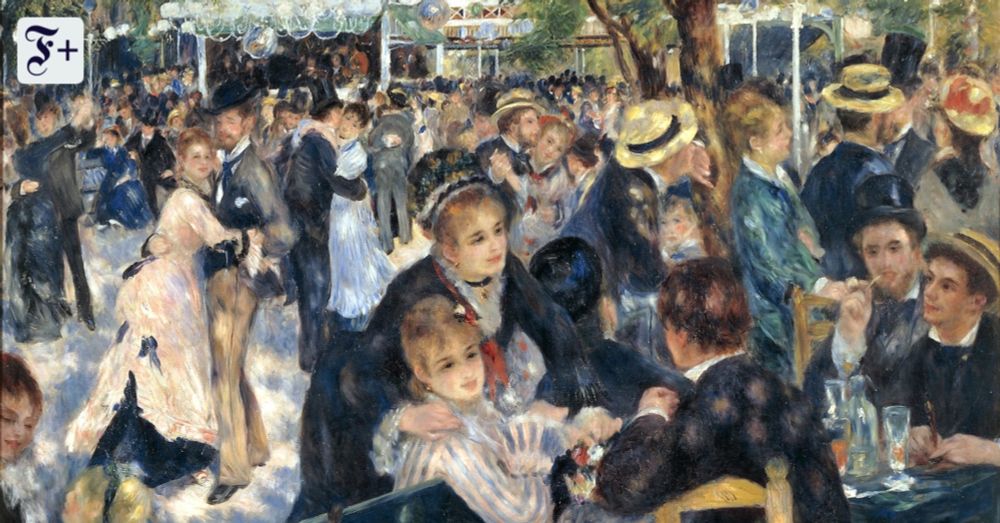
Reposted by: Stephan Heblich, Kris Inwood
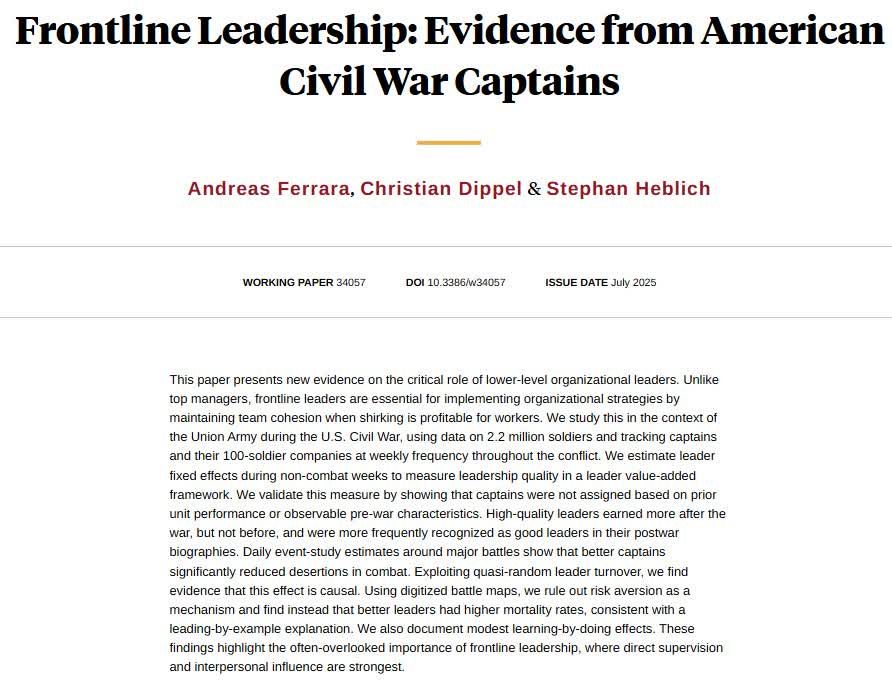
Reposted by: Stephan Heblich, Henry G. Overman
Reposted by: Stephan Heblich

by Stephen J. Redding — Reposted by: Stephan Heblich
by Stephen J. Redding — Reposted by: Stephan Heblich
by Aaron Sojourner — Reposted by: Stephan Heblich, Valerie Mueller

Reposted by: Stephan Heblich, Simon Stern
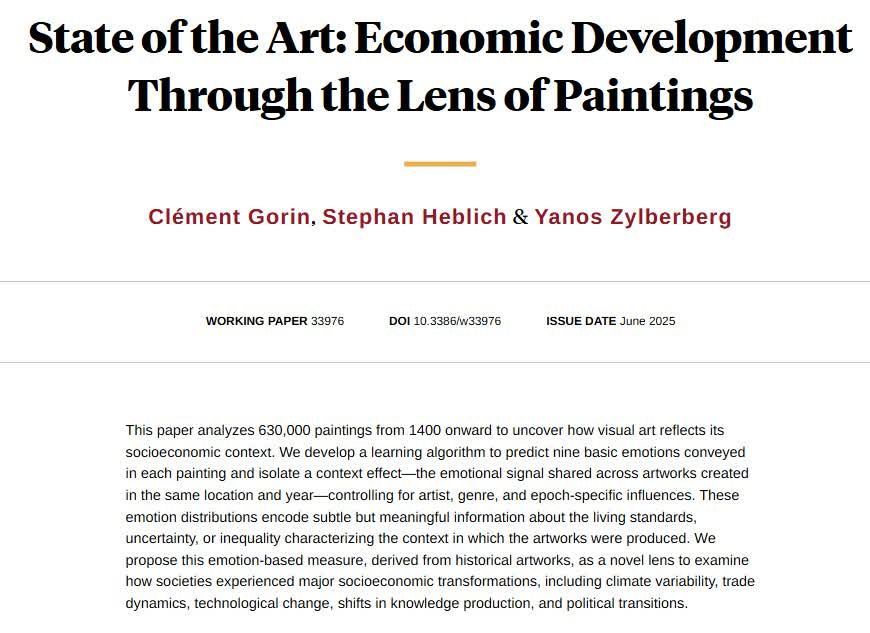
by Henry G. Overman — Reposted by: Stephan Heblich
Reposted by: Stephan Heblich, Hugo Mercier
Here’s what they did.
🎨📉📈

Reposted by: Stephan Heblich
🔗 French version (Le Monde):
www.lemonde.fr/idees/articl...
🔗 English translation (Sciences Po):
www.sciencespo.fr/department-e...
Tech companies routinely use impact evaluation tools to optimize their services...
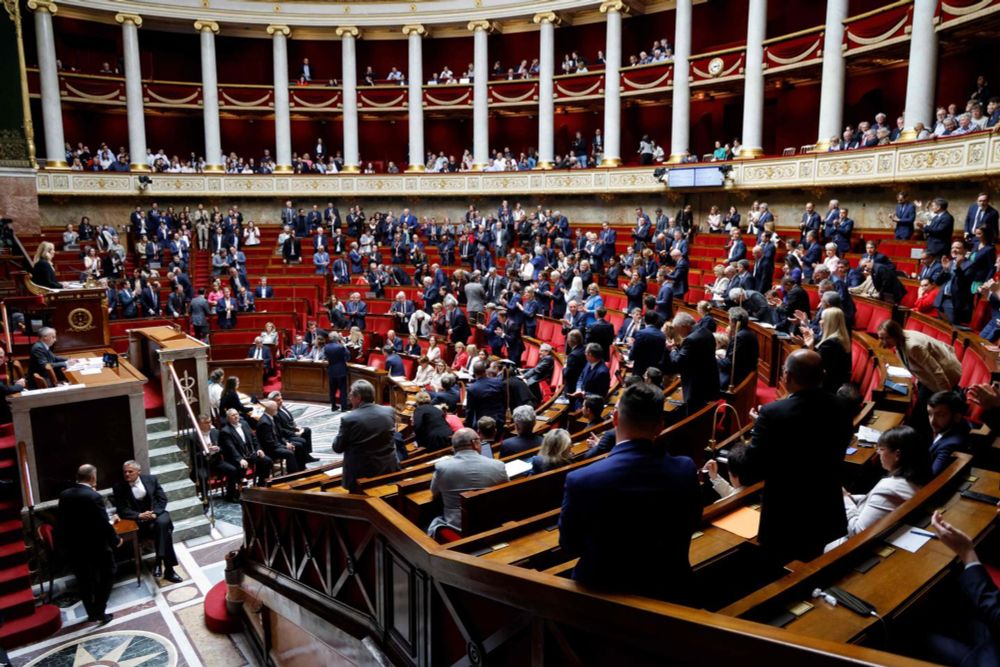
Reposted by: Stephan Heblich

Reposted by: Stephan Heblich

Reposted by: Stephan Heblich
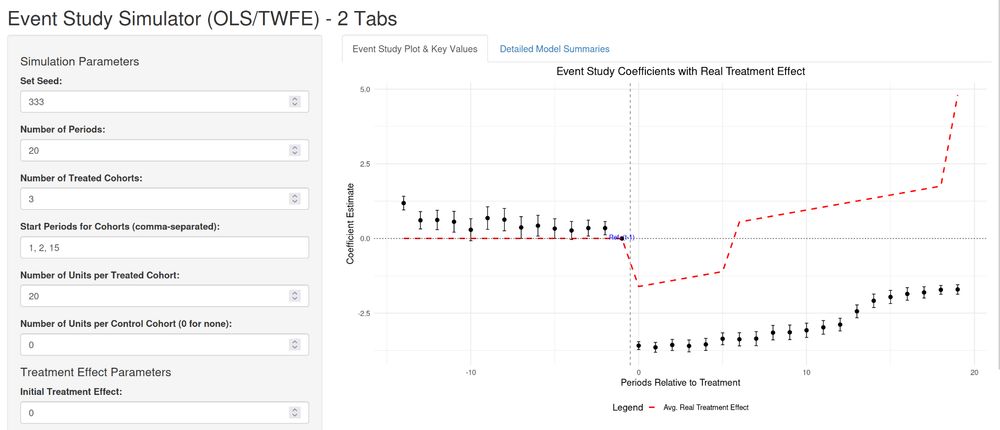
by Douglas A. Irwin — Reposted by: Stephan Heblich, Mark Harrison
by Stephen J. Redding — Reposted by: Stephan Heblich
Reposted by: Stephan Heblich
cepr.org/voxeu/column...
#EconSky

by Henry G. Overman — Reposted by: Stephan Heblich
Reposted by: Stephan Heblich
T Giommoni, G Loumeau, M Tabellini
cepr.org/voxeu/column...
#EconSky

Reposted by: Stephan Heblich
In a new #VoxTalks #Economics, David Lagakos @bostonu.bsky.social & Hans-Joachim Voth UZH explore what thousands of life stories from 1930s America reveal, using AI to decode meaning in tough times
w/ @talknormal.co.uk
🎧https://cepr.org/multimedia/meaningful-life
#EconSky

